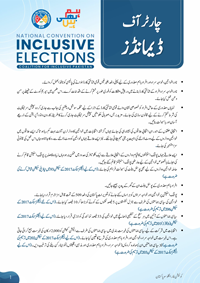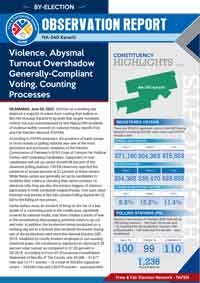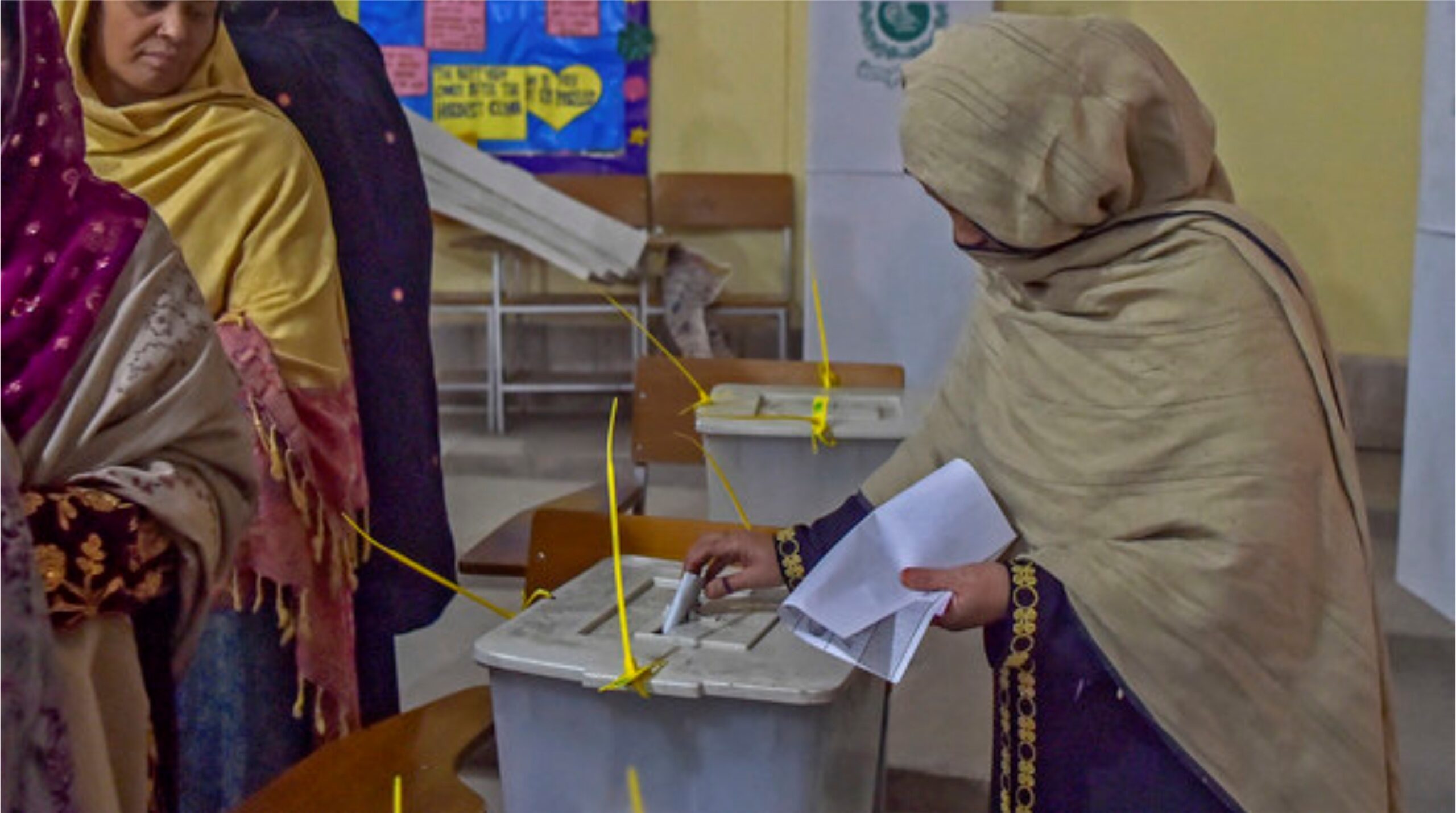Citizen registration needs focus for it is necessary for enhancing inclusivity in the electoral process. Find out what ECP and NADRA say.
ISLAMABAD, June 28, 2022: The Election Commission of Pakistan (ECP) and National Database and Registration Authority (NADRA) committed to make efforts for improving the inclusivity in electoral processes and citizen registration, respectively, at the National Convention for Inclusive Elections organized by Coalition for Inclusive Pakistan (CIP) in collaboration with Trust for Democratic Education and Accountability (TDEA).
Chairman NADRA, Mr. Tariq Malik, Additional Director General ECP, Ms. Nighat Siddique, Federal Information Commissioner, Mr. Zahid Abdullah, Chairperson Free and Fair Election Network, Ms. Mosarrat Qadeem, and Chairperson CIP, Syeda Imtiaz Fatima addressed the convention.
Citizen Registration: NADRA Streamlines Processes
In his address, the Chairman NADRA acknowledged the gaps in the citizen registry and apprised the participants of the NADRA’s efforts to bridge them. He shared that the registration authority had waived-off fee for making the first Smart National Identity Cards (NIC) for persons with disabilities (PWDs) and transgender applicants. He added that NADRA was in the process of launching a one-window operation to facilitate the registration of PWDs. He vowed to pursue zero tolerance policy for service denial to any citizen, particularly women, PWDs and transgender persons. Responding to the demands by CIP, Mr. Malik agreed that persons with visibly verifiable disabilities such as amputations should not require a special certificate for acquiring an NIC displaying the disability logo. He shared that dedicated teams for public engagement, inclusive registration and strategic reforms were continuously working to make the citizen registry inclusive.
Increasing Women in Polling Staff
Ms. Nighat Siddique shared the measures taken by the ECP for inclusive elections in the recent past. She informed the convention that the ECP was focusing on increasing the number of women amongst the polling staff. She said that the training material for polling and security staff have also been aligned to sensitize the staff on dealing with women, transgender and voters with disabilities. She said the ECP’s campaign for women registration had led to decrease in the gender gap on the electoral rolls between male and female voters from 10.3 percent to nine percent. She shared that the Commission was reviewing the electoral codes of conduct and the political parties manifestoes with a gender lens to identify areas, which require measures to make them inclusive. She also highlighted the challenges facing women electoral contestation and emphasized upon the candidates’ trainings.
Mr. Zahid Abdullah lamented that the marginalized groups continued to face discrimination based on their gender and disability till date. He emphasized upon the affirmative actions by the government to protect the rights of marginalized groups. Ms. Qadeem congratulated the CIP members on behalf of FAFEN for their inspiring efforts and successes, and underscored the importance of networking and coalition building to champion the cause of marginalized groups’ political and electoral rights.
Citizen Registration: Recommendations for ECP,NADRA & Parliament
Chairperson CIP Syeda Imtiaz Fatima shared a Charter of Demand comprising the coalition’s recommendations to the Parliament, ECP and NADRA. The Charter highlighted the legal, policy and administrative reforms including amendments in the Elections Act, 2017.
CIP is a unique initiative that brings together more than 200 citizens groups and organizations mostly led by PWDs, women, and transgender persons working across Pakistan for their social, economic, political, and electoral emancipation. Since its inception in 2017, this first-of-its-kind alliance has been striving to overcome the systematic marginalization confronting PWDs, women and transgender persons, and solidify their position as a network that can work to amplify their voices and advocate for effective action, particularly to increase their political and electoral participation. In over four years of its existence, CIP has remained successful in achieving tangible milestones in the form of policy, legal and administrative reforms.
Click here to download, CIP’s Charter of Demands,




